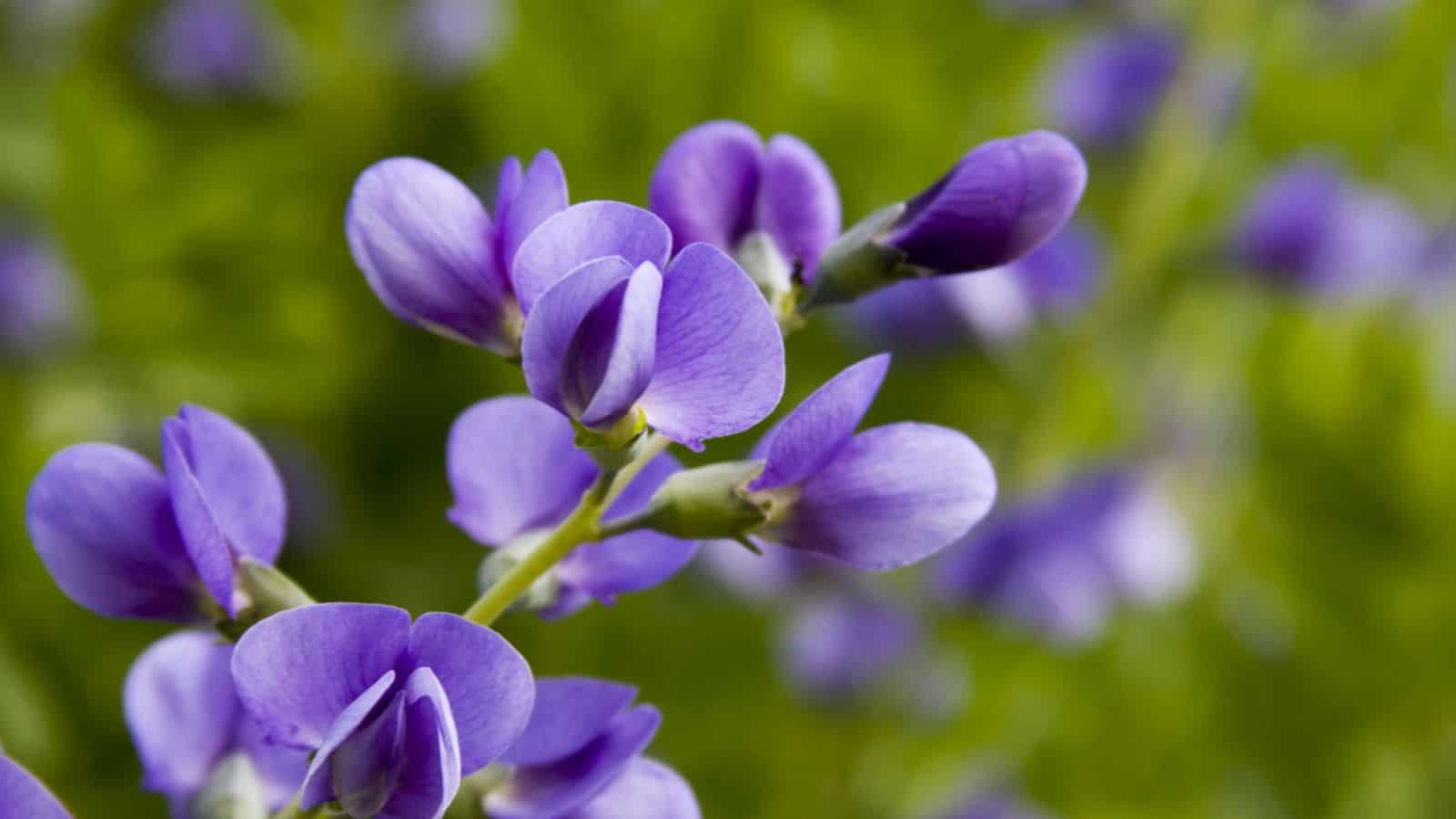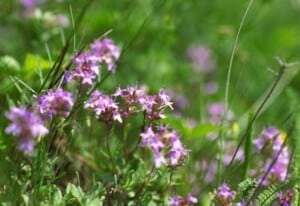As winter wraps its icy fingers around the garden, many assume a flourishing landscape’s vibrant colors and life are reserved for warmer months. However, your garden can be a winter wonderland filled with beauty and resilience with the right choices. Let’s explore a curated list of plants that survive and thrive in the winter chill, turning your outdoor space into a haven of natural splendor.
Milkweed

Milkweed, with its broad green leaves and clusters of delicate flowers, is a feast for the eyes and a vital host plant for monarch butterflies. Thriving in USDA Zones 3-9, this perennial prefers well-drained soil and basks in full sunlight. Planting milkweed not only adds charm to your garden but also supports the enchanting journey of butterflies.
Lady’s Mantle

Lady’s Mantle, a resilient perennial, boasts elegant foliage and chartreuse flowers. Ideally suited for USDA Zones 3-8, this plant prefers partial shade and moist, well-drained soil. Its dewdrop-catching leaves add a touch of magic to frosty mornings, making it a delightful addition to winter gardens.
False Indigo

With its striking blue-green foliage and spiky flower clusters, False Indigo is a winter charmer. Flourishing in USDA Zones 3-9, this hardy perennial thrives in full sun and well-drained soil. Its resilience in cold temperatures and unique visual appeal make it an excellent choice for a winter garden focal point.
Butterfly Bush

As the name suggests, the Butterfly Bush is a magnet for these delicate pollinators. Flourishing in USDA Zones 5-9, this deciduous shrub prefers full sunlight and well-drained soil. With its cone-shaped clusters of vibrant flowers, the Butterfly Bush brings a burst of color to winter landscapes while providing a vital food source for butterflies.
Clematis

Known for its spectacular climbing vines and diverse flower shapes, Clematis is a versatile winter addition. Suited for USDA Zones 4-11, this perennial thrives in well-drained soil with its roots shaded. Clematis vines gracefully weave through winter trellises, providing a vertical canvas of color and texture.
Delphinium

With its tall spikes of colorful blooms, Delphinium stands tall even in winter’s cold embrace. Flourishing in USDA Zones 3-7, this perennial thrives in full sunlight and well-drained soil. Its vibrant flowers and impressive height make it a standout choice for adding vertical interest to your winter garden.
Meadowsweet

With its fluffy white blossoms, Meadowsweet is a beacon of beauty in the winter garden. Suited for USDA Zones 3-9, this perennial prefers moist, well-drained soil and partial shade. Its sweet fragrance and delicate appearance make it a charming addition to winter landscapes.
Hellebores

Hellebores, known as Lenten Roses, boast evergreen foliage and early-blooming flowers. Flourishing in USDA Zones 4-9, these perennials prefer partial to full shade and well-drained soil. Their ability to bloom amidst winter’s chill makes them a coveted choice for adding subtle elegance to shaded garden spots.
John’s Wort

St. John’s Wort, with its golden-yellow flowers, is a cheerful addition to winter gardens. Thriving in USDA Zones 5-9, this shrub prefers full sunlight and well-drained soil. Known for its resilience, St. John’s Wort adds a splash of color to winter landscapes while contributing to the garden’s overall vitality.
Lavender

Lavender, renowned for its fragrant spikes of purple flowers, can thrive even in the winter cold. Suited for USDA Zones 5-9, this perennial prefers well-drained soil and full sunlight. The aromatic allure of lavender adds sensory delight and attracts pollinators, making it a multi-faceted winter garden gem.
Edelweiss

With its iconic white blooms and woolly leaves, Edelweiss brings an alpine charm to winter gardens. Suited for USDA Zones 4-7, this perennial prefers well-drained, slightly acidic soil and full sunlight. Despite its delicate appearance, Edelweiss is surprisingly hardy, making it a unique and captivating addition to cold-season landscapes.
Catmint

Catmint, a relative of catnip, is a low-maintenance perennial that thrives in winter. Flourishing in USDA Zones 3-9, this plant prefers full sunlight and well-drained soil. With its aromatic foliage and lavender-blue flower clusters, Catmint adds beauty and resilience to the winter garden.
Evening Primrose

Evening Primrose, with its cup-shaped yellow flowers, is a beacon of brightness in the winter garden. Suited for USDA Zones 5-8, this perennial prefers well-drained soil and full sunlight. Its ability to bloom in cooler temperatures makes it a valuable addition to extend the vibrancy of your winter landscape.
Penstemon

Penstemon, also known as Beardtongue, boasts tubular flowers in various hues, adding a pop of color to winter gardens. Thriving in USDA Zones 4-9, this perennial prefers well-drained soil and full sunlight. Its resilience in colder temperatures and attractiveness to pollinators make Penstemon a standout choice for a winter garden.
Chinese Lantern

The Chinese Lantern adds a touch of whimsy to winter landscapes with its unique orange-to-red papery husks. Suited for USDA Zones 3-9, this perennial prefers well-drained soil and full sunlight. The distinctive lantern-like seed pods make it a delightful addition to winter arrangements, providing visual interest and charm.
Conclusion
Winter doesn’t have to be a barren season in your garden. You can transform your outdoor space into a thriving oasis of beauty and resilience by choosing the right plants. From the delicate allure of Hellebores to the whimsical charm of Chinese Lanterns, these winter warriors bring color, texture, and life to the chilliest months. Embrace the magic of cold-season gardening and watch as your garden becomes a haven for nature and your senses.
Other Guides from Planet Natural:
Top 12 Non-Toxic and Low Maintenance Pet-Friendly Houseplants for Your Home











